
Marshall
Lessons in Leadership (Great Generals)
Reproduced with permission of Palgrave Macmillan
ISBN: 9780230614161
Pages: 224
Recommendation
George Catlett Marshall Jr., a revered soldier and statesman, served as US Army chief of staff during World War II and later as secretary of state and secretary of defense. A born leader, Marshall was, as Sir Winston Churchill described him, “the noblest Roman of them all.” He stood resolute for what he believed and, as authors H. Paul Jeffers and Alan Axelrod make clear, the world is a better place because he did. Indeed, Europe would not exist in its present state if not for the Marshall Plan that rebuilt its shattered nations after World War II. getAbstract recommends Jeffers and Axelrod’s short, readable biography to those interested in the attributes that leadership demands, as demonstrated by the luminous life of George Marshall.
Summary
About the Authors
H. Paul Jeffers, a prominent military historian, wrote 70 books. The late Alan Axelrod wrote history books and business books with historical roots, including the BusinessWeek bestsellers Patton on Leadership and Elizabeth I, CEO.








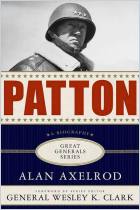
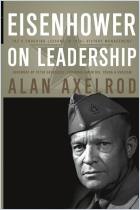
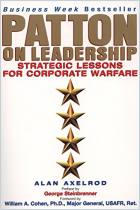
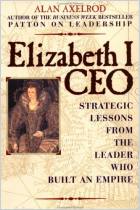


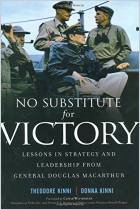
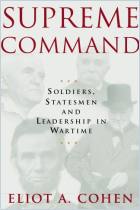

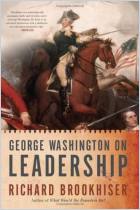
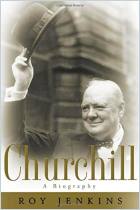
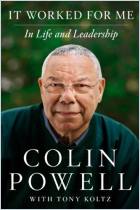






Comment on this summary or Start Discussion